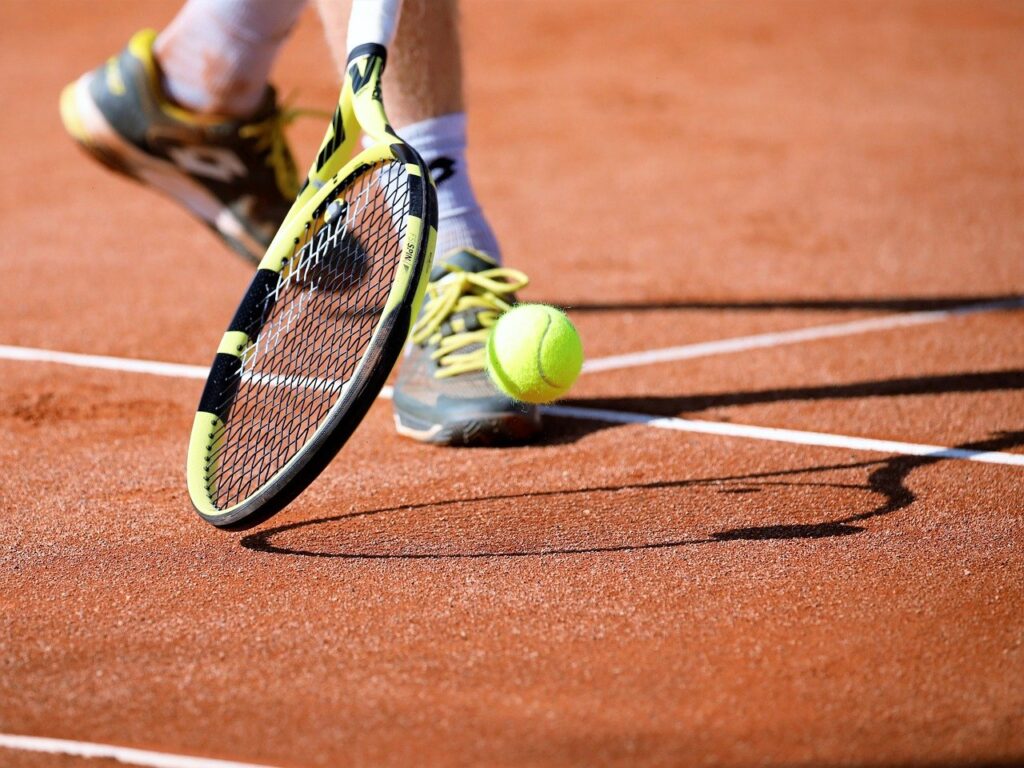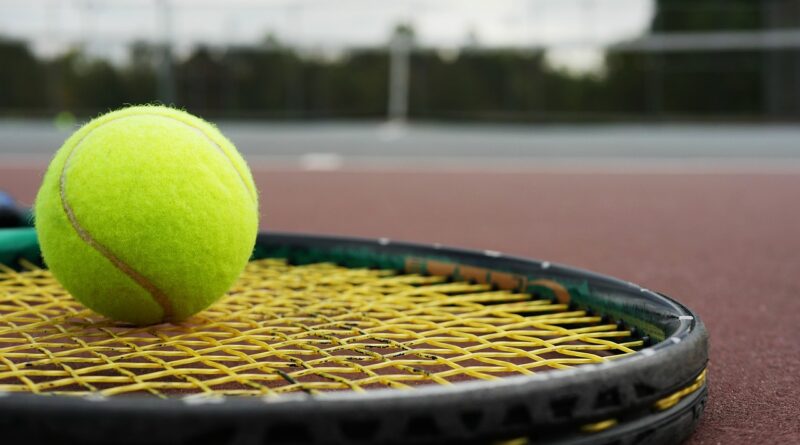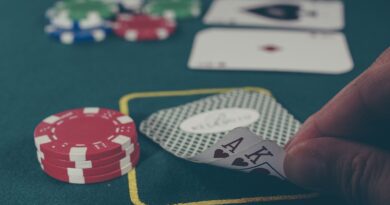Highest paid female athlete ever: Naomi Osaka
At age 23, three years after catapulting onto the world stage with a dramatic U.S. Open victory over Serena Williams, Naomi Osaka has already proved she is not playing by anyone’s rules but her own.
This week, after following through on her promise to skip her media obligations at the French Open to protect her mental health, the tennis ace was fined $15,000. She responded by withdrawing from the tournament. The shocking move came less than a year after she announced her intention to withdraw from the Western & Southern Open in protest over the shooting of Jacob Blake and then wore face masks bearing the names of Black victims of racist violence or police brutality throughout the U.S. Open.
It’s the kind of stance that might send corporate sponsors running. Not likely for Osaka. The tennis star has made $60 million in 12 months—$55 million from endorsements—demolishing the earnings record for female athletes she set just last year with $37 million. That total places Osaka at No. 12 on the Forbes list of the world’s 50highest-paid athleths tied with Tiger Woods and well ahead of men’s tennis stars like Novak Djokovic and Rafael Nadal in a significant jump from last year’s No. 29 ranking.
“We wouldn’t be having this conversation if she had broken her ankle,” says Christie Nordhielm, an associate professor of marketing at Georgetown University. “With mental health, we have to treat it just like physical health. Would breaking her leg hurt her with sponsors? Things happen.”

For most tennis pros, a broken ankle—or a public protest—that took them off television for a spell might actually hurt their earnings. Sponsors agree to pay big bucks to top players with the expectation that they’ll make deep runs at major tournaments, giving their logos plenty of airtime. But Osaka is not just any tennis pro. Young and bicultural—her mother is Japanese and her father Haitian American—she was seen as having a coolness factor and a global appeal even before she became a fierce advocate for social justice issues, traits that helped turn her into a sports marketing icon. As a result, her endorsement deals do not contain reductions if her playing time is limited, as most contracts tennis do. In fact, many of her leading sponsors have already jumped to her defense, even as some fans on social media are slamming her decision.
Nike quickly issued a statement saying: “Our thoughts are with Naomi. We support her and recognize her courage in sharing her own mental health experience.” Brands including GoDaddy, Hyperice, Levi’s, Nissan, Nissin Foods and TAG Heuer offered their backing in similar emailed statements, and Sweetgreen, Mastercard and Beats Electronics stood with her on social media.
Osaka, who already had 15 endorsement partners last summer, has seen her portfolio swell to more than 20 over the past year, with Google, Louis Vuitton and Workday among the recent additions. Her stable is almost unmatched in the sports world; only Roger Federer, LeBron James and Woods earned more in endorsements over the last 12 months.
It’s a sign that despite the criticism on social media—some of it quite ugly—Osaka’s rise is likely just beginning.
“I don’t think there’s a downside for her—I don’t think there will be any kind of brand damage,” says Joe Favorito, a veteran marketing consultant and lecturer at Columbia University. “Where she comes out of this personally as opposed to professionally will hopefully be a good story that sponsors will want to be a part of.”
The dispute that led to Osaka’s French Open withdrawal began last week when she announced on social media that she would not participate in news conferences during the tournament to protect her confidence and her mental health. The French Tennis Federation responded on Sunday by fining her $15,000 for her first missed interview and therating to kick her out of the tournament. The No. 2-ranked Osaka then chose to withdraw on Monday, publishing a poignant statment that revealed she had experienced depression and anxiety.

Mental health issues have gotten wider attention in the sports world in recent years, with Kevin Love , Michael Phelps and Liz Cambage among a number of stars who have shared their personal experiences.
Bill Sutton, principal at the sports marketing consulting firm Bill Sutton & Associates, believes Osaka’s transparency on an issue that has gained new prominence during the pandemic lockdowns might attract the interest of a potential sponsor in the mental health space—for instance, a startup like Talkspace, which has partnered with Phelps. David Carter, a sports business professor at USC’s Marshall School of Business, says Osaka’s stance could play particularly well with business-to-business brands that support her cause.
The same applies as Osaka expresses herself on social issues.
“Social consciousness was probably the sixth- or seventh-biggest issue for brands a year or two ago; now it’s the first or second,” says Columbia’s Favorito. “Brands want to know what [athletes] are doing.”
Osaka’s statement on Monday indicated she would “take some time away from the court now,” and if that break extends into August, it could cause some awkwardness for sponsors that were counting on her to be the face of the Tokyo Olympics. But with her record of on-court success and her position in the lucrative Japanese market—not to mention her youth and personality—Osaka should remain one of sports’ most marketable stars.
“Her best days as an athlete and as a brand ambassador are still ahead of her,” Favorito says, adding: “If she comes out of this healthy in the way she wants to be, that’s a great comeback story. And there’s nothing we like better in sports than comebacks.”

- Source:https://www.forbes.com/sites/brettknight/2021/06/02/naomi-osaka-is-the-highest-paid-female-athlete-ever-and-her-french-open-exit-may-actually-help-her/?sh=7697f6471ef8



